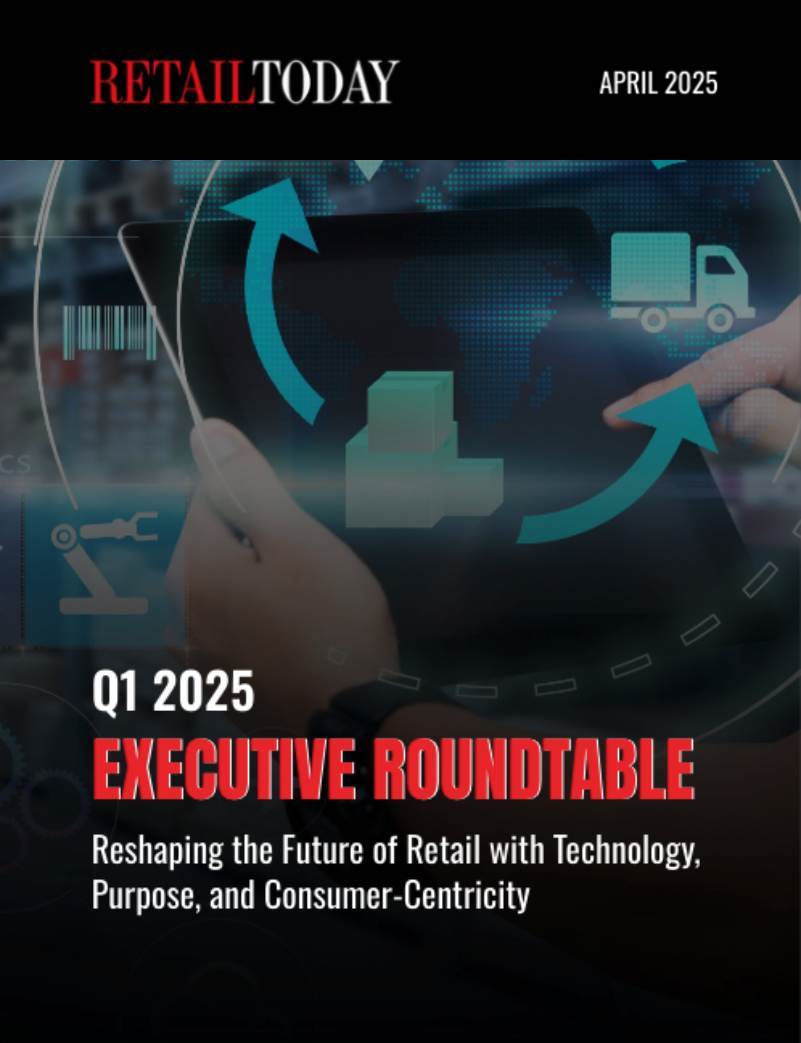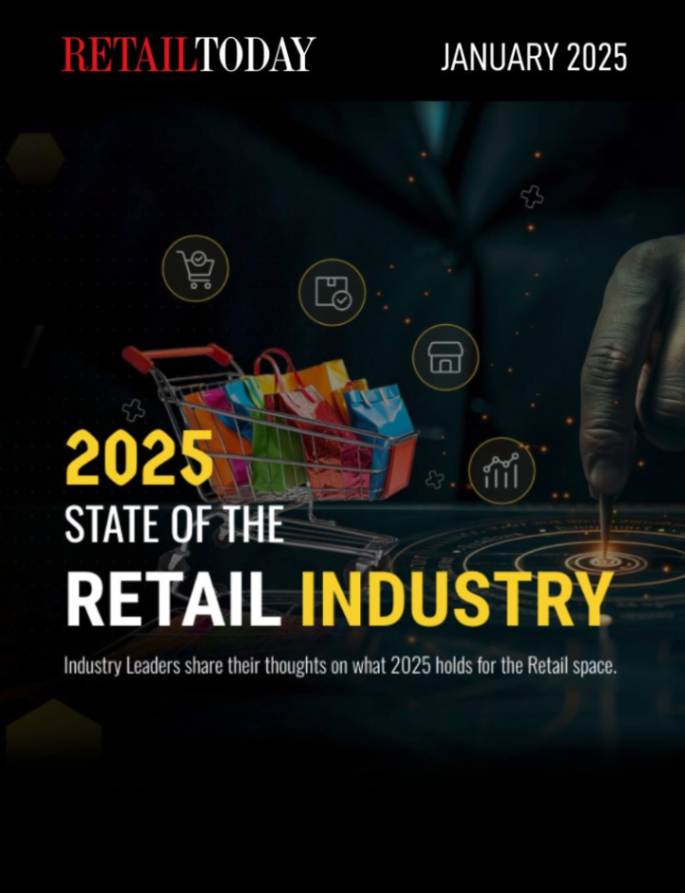
There is significant interest in AI technology across all sectors these days, and the retail industry is no exception. AI services in retail are predicted to exceed $31 billion by 2028, and one of the most promising forms of AI for the industry is the use of intelligent experimentation.
When it comes to improving retail, intelligent experimentation brings innovation in ways that we never thought possible. This method combines machine learning algorithms with statistical models in order to analyze the behavior of customers and generate adaptive insights in real time.
In order to provide the best results possible, it is important to implement intelligent experimentation in some select systems to test its effectiveness. Once you score some initial wins, you can start scaling across other retail processes and systems. Some key areas for implementing intelligent experimentation include user experience/digital journey, pricing and inventory strategies, product assortments, labor planning, and promotional campaigns.
What Is Intelligent Experimentation?
Intelligent experimentation involves using insights gathered from data while planning various business processes. These “experiments” are performed on a test-and-learn basis in order to see how processes respond to each change. Repeat testing can provide several rewards for businesses that implement the results of intelligent experimentation into their day-to-day operations.
For example, AI’s ability to automatically choose which combinations to continue testing based on performance can help business owners make better decisions, freeing up valuable time and reducing instances of decision fatigue and error. This allows you to dedicate more time toward advancing overall business strategies. Additionally, AI can help determine customers’ preferences and patterns and improve decision-making.
When it comes to combating the challenges of the retail sector, AI has the potential to provide significant relief in regard to problem-solving — dramatically improving the output from the data, generating new insights and, depending on the systems, taking direct action on the knowledge gained. Some of the benefits include:
1. Personalization: AI solutions can help retailers provide real-time personalization in digital communications by analyzing customer data and behavior. Personalized experiences, product recommendations, and services help companies boost revenue and consumer loyalty. AI-powered chatbots can also deliver real-time customer care, improving satisfaction and reducing attrition.
2. Staffing: AI can predict store traffic patterns and identify peak times when extra staff is needed to optimize staffing. AI-powered workforce management software can also help stores predict staffing needs based on sales forecasts, historical data, weather, and events in the area. This can benefit companies greatly by ensuring there is always adequate staff to meet the demand.
3. Inventory Management: AI-powered inventory management solutions can assist merchants in reducing overstocking and out-of-stock costs. AI can forecast when items will run out and automatically replenish inventory using sales patterns, customer demand, and other factors. This reduces out-of-stock situations and boosts consumer satisfaction.
Improvements in these areas will improve the overall business processes and outcomes for owners and create a more enjoyable, productive shopping experience for customers. As more companies turn to AI for preventing losses, bringing down costs, and optimizing their supply chains, it is important to recognize how AI improves customer experience and all of the benefits that it can bring to your company.
Michael Scharff is CEO and co-founder at Evolv AI, which enables brands to continuously find better ways to connect with their customers using artificial intelligence and machine learning.






